10 keys to better understand the Sustainable Development Goals
The United Nations Sustainable Development Goals (SDGs) are seven years old. They were launched in 2015 and their implementation has had to run parallel with the impact of the pandemic and economic crises.
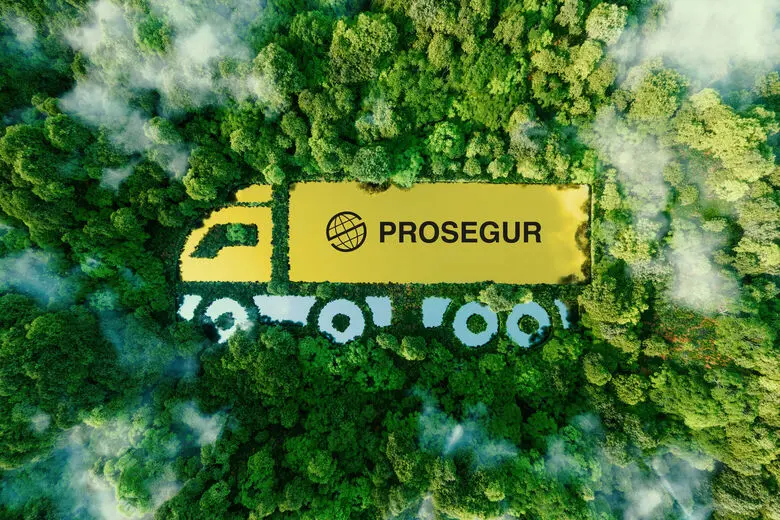.webp)
7. The SDGs directly linked to its corporate activities. In Prosegur's case, the company contributes with ten specific goals related to its activities: Health & wellbeing; Quality education; Gender equality; Affordable and clean energy; Decent work and economic growth; Industry, innovation and infrastructure; Responsible production and consumption; Climate action; Peace, justice and solid institutions; and Partnerships to achieve all the SDGs.
8. How the company delivers this commitment. Prosegur has demonstrated its adherence to the SDGs with a series of specific strategic measures, including the creation of Groups of Experts in Health and Safety, whose purpose is to identify trends and needs and implement a policy of best practices in this area; the commitment to its global digital platform, the Prosegur Corporate University, a virtual space in which to acquire knowledge, live the company's values and develop talent thanks to a common culture; the creation of #EmpoweredWomen, the programme via which it promotes female talent; the maintenance of stable and productive labour relations with the legitimate representatives of the workers; and in the regulation, through the Code of Ethics and Conduct, of compliance with the law, respect for human rights, equality and fair treatment among workers. "We are a company of people and, although we develop all the ESG criteria, we focus in particular on the "S", which directly affects our employees", says Juan Ignacio de Guzmán, director of Institutional Relations and Sustainability.
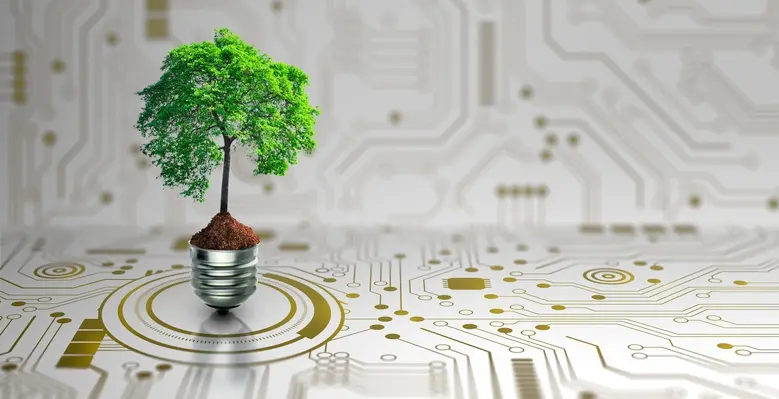.webp)
9. For the remaining three years of the Master Plan, Prosegur adds goals such as the penetration of New Products, which produce fewer greenhouse gas emissions, achieving a percentage of 25.2%; the five-point increase in the representation of women in responsible, management and leadership positions; and updating its Code of Ethics and Conduct.
10. Some of the most recent milestones. In 2021 the company became a partner of Forética, a leading organisation in sustainability; and together with Prosegur Cash, it is the first private security company to obtain and publish the ESG evaluation of S&P Global Ratings. In addition, last June the company announced the renewal of its emissions compensation plan, which will make it possible to offset the equivalent CO2 emissions generated by its operations in Europe.
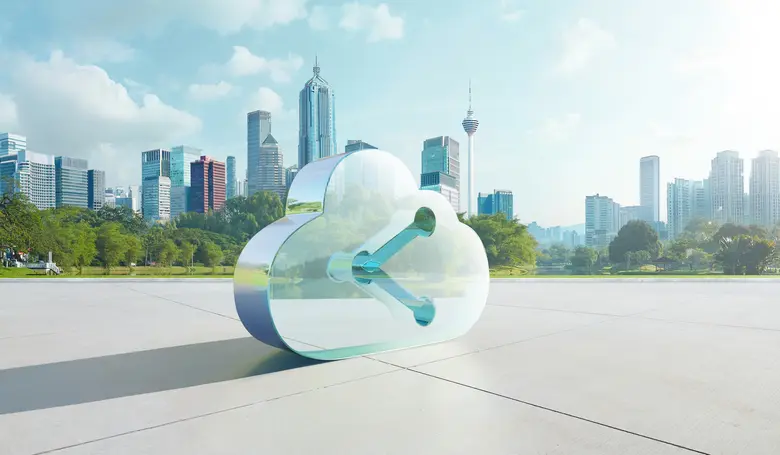.webp)
"We are a company of people and, although we develop all the ESG criteria, we focus in particular on the "S", which directly affects our employees", says Juan Ignacio de Guzmán.
1. The origin. On September 25, 2015, the United Nations approved one of the greatest collective challenges in modern history: to achieve unprecedented and irreversible progress in relation to 17 major social, economic and environmental challenges with a new global development model that does not compromise the development of future generations. They are compiled in Agenda 2030, named after the year in which this transformational action programme should be completed. They are conceived not only as a practical and moral necessity to achieve an end to poverty and a fairer and more equitable world and stop climate change, but also as an opportunity for transformation both for developed economies and, above all, for emerging ones.
2. A stocktake on its 7th anniversary. At the moment, it could be said that the implementation of the action plan has both upsides and downsides. At the halfway point of the established period "we are far from achieving the goals set, whose ambition requires the cooperation of all players, especially companies," according to sources of the UN Global Compact, the world's largest voluntary corporate sustainability initiative, to which Prosegur has been signed up since 2002.
3. Targets have suffered unexpected impacts. The outbreak of the pandemic in 2020 and the current energy and war crises have had major effects. According to the latest UN monitoring report, by the end of 2022 these combined crises could push 95 million more people than expected into extreme poverty and directly affect post-Covid economic recovery, basic services and peace and security.
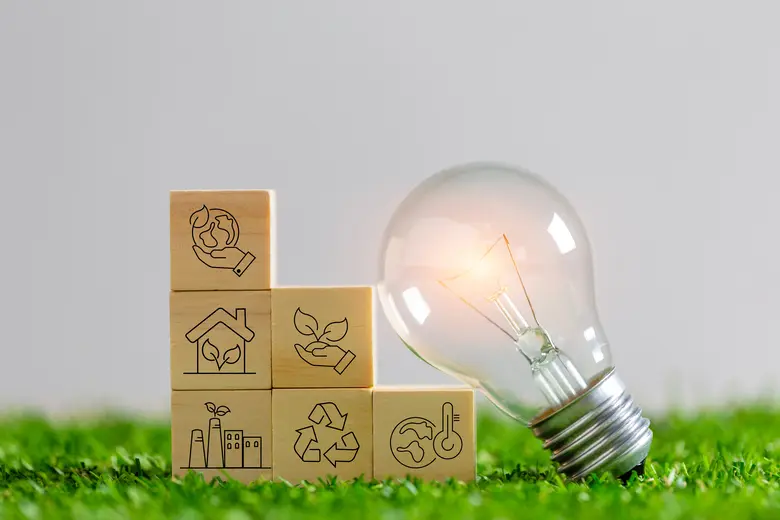.webp)
4. Overall outlook. The advances and setbacks are uneven from a geographical point of view. The latest report from the Sustainable Development Solutions Network identifies East and South Asia as the region that has made the most progress. Most of the top positions in terms of relative achievement of goals are occupied by European countries. Spain rises from 20th to 16th. Latin America and the Caribbean occupy intermediate positions between the regions analysed and the first country in the ranking is Chile, in 28th place, followed by Uruguay in 31st.
5. The role of companies. According to the Global Compact, the trend points to a firm commitment on the part of businesses, although this is again very uneven if we look at sectors and geographic variables. If we take Spanish companies or companies with a Spanish parent company as a reference, almost 71% have applied work-life balance and flexible working hours measures; 63.5% have adopted an equality plan; almost 51% already have a digitalisation plan; about 44% have circular economy measures; and almost 50% have made progress in the integration of renewable energies. Prosegur is included in all these categories. But the need to go further is reflected in this figure: 79% consider the Agenda 2030 as a competitive advantage and 89% apply initiatives in some SDGs.
6. Prosegur's commitment to the SDGs. This firm commitment to moving towards a more just, egalitarian, green and resilient world is channelled through a Sustainability Master Plan, adapted to the nature of its activities in four areas: the Environment; People; Safe Work; and Ethics, transparency and governance.
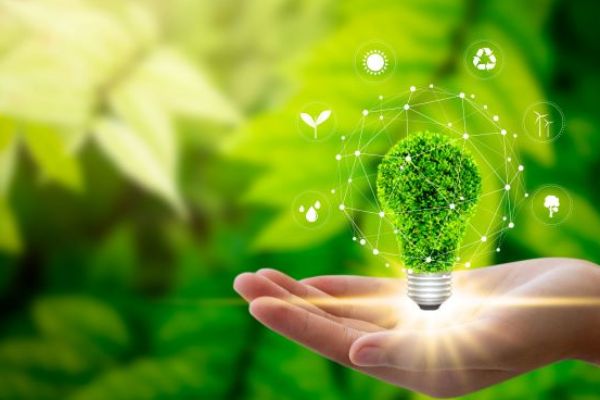


.jpg)
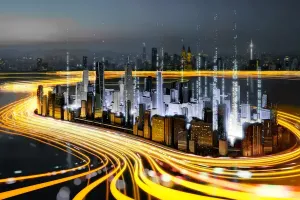.webp)
%20(2).jpg)